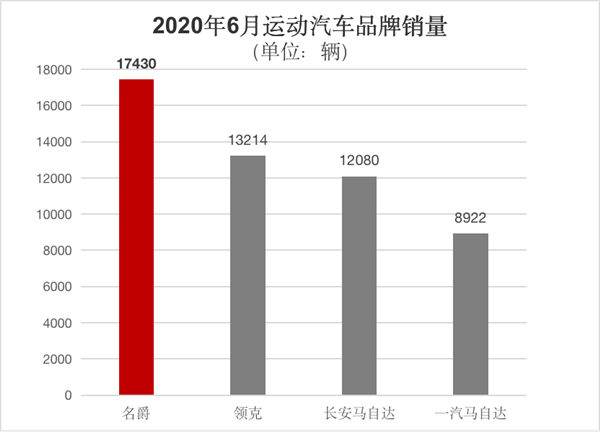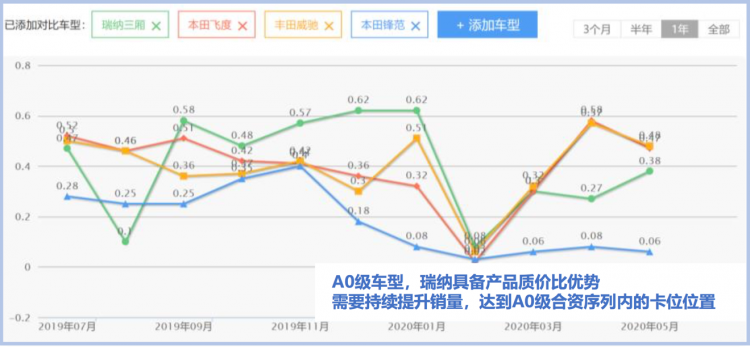As a necessity of modern people’s life, air conditioning is self-evident. Whether it is in housing, offices, shopping malls, or vehicles such as cars and airplanes, it all plays an important role. RVs are no exception, but most of the air conditioners in RVs are occupied by foreign brands. It is still unknown when domestic brands will catch up.
It has only been more than ten years since the first domestic RV rolled off the assembly line, and the industry is still in the early stages of development. Industry standards, manufacturing processes, camping infrastructure, and RV components are all in their infancy. In particular, RV components, as the foundation of the RV industry, are a necessary factor to support the sustainable and healthy development of the RV industry.
![[Industry]](https://img.ucar.run/ecar/15830.jpg)
Let’s take air conditioning as an example. According to incomplete statistics, foreign brands occupy most of the market share of RV air conditioners, accounting for more than 80%, and take advantage of their product monopoly to keep prices high, seriously affecting the development of the domestic RV market. However, domestic RV air-conditioning brands have many problems such as small scale and low R&D investment, and their market share only accounts for 10% to 15% of the entire industry.
Giants enter the market
Under the premise of this market, in September 2018, the RV air conditioner launched by Gree Electric officially started sales in the domestic market through RV Home. Gree Electric, as a giant of white goods, is the first to officially release RV electrical products to enter the domestic market. Whether it can break the market monopoly of foreign brands and bring product prices back to rationality still requires the market to make the final decision.
![[Industry]](https://img.ucar.run/ecar/15831.jpg)
Domestic advantage
Domestic home appliance brands still have their own advantages in entering the RV market, let’s analyze them one by one.
client needs
Foreign brands such as Dometic and Truma entered the Chinese market earlier, but the common problem is that they are not acclimatized to the environment. They directly sell existing foreign products and cannot adjust products in time according to the differences in Eastern and Western cultures and living habits. At the same time, due to the differences in corporate culture, the feedback from the market and the needs of customers cannot be met in a timely manner.
Compared with foreign brands, take Gree, which has just launched air conditioners for RVs, as an example. Gree, as the first brand of local air conditioners, although it is the first time to launch RV air conditioners in China, through a large number of researches on RV exhibitions, OEMs, end customers, etc., the existing AC 220V fixed-frequency products have been adjusted and adjusted. Lightweight design, the final product is more in line with the requirements of the Chinese people for the use of air conditioners.
In addition, in terms of product iteration, because domestic brands can directly communicate with end product users and RV manufacturers through various channels, they can get first-hand user feedback and make timely product adjustments for iterative upgrades. However, RV air conditioners of foreign brands lack the interactive experience with domestic users, and product upgrade iterations have little connection with local users.
Market demand
There are many agents of imported brands, resulting in uneven market prices. The market sales price of the same product can vary by about 1,000 yuan. Domestic RV air-conditioning brands, through the combination of the original sales channels and the newly added RV sales channels, have achieved price unification.
In terms of logistics, domestic air conditioners have a huge advantage because there is no expensive and long-term shipping of imported air conditioners. Regardless of ordering or delivery of a single component, the goods can be delivered to customers quickly by relying on the well-developed logistics system in China.
![[Industry]](https://img.ucar.run/ecar/15832.jpg)
After-sales service
In terms of after-sales, domestic brands, especially large white goods giants like Gree, have obvious advantages. The perfect after-sales service system has realized the difficulties that imported brands cannot achieve, such as quick response and nearby maintenance, and greatly improved the user experience.
There are still deficiencies
While optimistically seeing a domestic white goods giant entering the upstream market of RVs, it should also be noted that it also has its own shortcomings.
First, lack of experience. Anyone who knows about RVs knows that the home appliances on the RV are significantly different from those used at home because of the different usage environments. Although Gree has profound technical accumulation in the home appliance industry, a large part of its experience is not applicable to RVs. Europe and the United States and other countries have accumulated nearly a hundred years of experience in RVs, which cannot be compensated for by imitation in a short period of time.
Second, the market is lacking. Although domestic RVs have been developed for more than ten years, the number of RVs is still limited, and the demand for RV air-conditioning products is relatively limited. This makes it difficult for manufacturers of RV air conditioners to realize the return of funds and feedback on user experience in the short term, and requires a long period of investment in capital, time, and energy. This requires a long-term business plan for manufacturers.
![[Industry]](https://img.ucar.run/ecar/15833.jpg)
future market
Just like the home appliance market more than 20 years ago, from the beginning of the market monopoly of foreign brands to the contention of national brands, and then to the three-point world of Gree, Haier and Midea. The same is true of the current RV electrical appliance market. With the technology, capital, and market accumulation of household appliances, the day of RV electrical appliance market reform will come faster and earlier.
The RV market needs a national enterprise like Gree that has mastered core technologies to develop a new generation of RV air conditioners, break the market monopoly of foreign brands, bring product prices back to rationality, and promote better development of the RV market. We firmly believe that national brands such as Gree, Haier, and Midea will make efforts in the RV market, and they will definitely make China’s own-brand RV appliances bigger and stronger. With the rapid development of the domestic RV industry, a number of domestic leading and world-renowned RV national brands will surely emerge.
While expecting more national enterprises to enter the RV field, we should also remind these companies who are about to join or have already joined the RV industry that RV is still a new thing in China, and there are great variables. There will definitely be problems if you completely copy the foreign RV model, and you need to make corresponding changes based on the actual situation in the country. However, the gameplay of domestic RVs is still in the exploratory stage and is changing all the time. Enterprises must collect user feedback in time to make timely changes. The future market is in the hands of enterprises that are prepared.




